COUPED Romanian Presidential candidate Călin Georgescu: “My party is the Romanian people.”
Călin Georgescu: “My Party is the Romanian People” – A Call for Change in Romania’s Presidential Race
In a bold statement that has caught the attention of both political observers and voters, Romanian presidential candidate Călin Georgescu declared, “My party is the Romanian people.” With these words, Georgescu, a former environmental expert and a candidate who is positioning himself as an alternative to the political establishment, seeks to present himself as a voice for the common citizen, standing apart from Romania’s traditional political elites.
As Romania heads toward another presidential election, Georgescu’s campaign is stirring up significant interest. His statement reflects a populist tone, appealing to a sense of national pride and unity, and suggests that his candidacy is driven not by party politics but by a deep commitment to serving the people of Romania directly. With this mantra, Georgescu hopes to connect with voters who are disillusioned with Romania’s longstanding political parties, which many feel have not delivered on promises of economic growth, social stability, and national prosperity.
Who is Călin Georgescu?
Călin Georgescu is not your typical Romanian presidential candidate. Unlike many politicians in Romania’s recent history, Georgescu does not hail from the ranks of the major political parties that have dominated the Romanian political scene since the fall of communism. Instead, he has built his career primarily in the field of environmental activism and policy, having served as a key representative of Romania at the United Nations in the field of sustainable development.
With a background in environmental science, Georgescu’s political platform focuses heavily on sustainability, economic reform, and social justice. He has consistently emphasized the need for Romania to break free from traditional political structures and chart its own path toward a more equitable and sustainable future. His message resonates with those who are dissatisfied with the current state of affairs, particularly regarding corruption, the gap between the rich and the poor, and the lack of tangible progress in addressing Romania’s long-term challenges.
Georgescu’s slogan, “My party is the Romanian people,” speaks to a desire to cut through the red tape of party politics and focus on what he sees as the real issues affecting ordinary Romanians. This populist appeal is designed to attract those who feel that the government is not serving their interests, particularly the working class and rural communities that have often felt left behind by the political elite.
The Political Landscape in Romania
Romania’s political landscape has been marked by instability and corruption in recent decades. While the country has made strides since joining the European Union in 2007, it still faces significant challenges, including high levels of corruption, an aging population, unemployment, and a lack of infrastructural development outside of major cities. Many Romanians have grown frustrated with the political system, which they see as mired in inefficiency and a lack of accountability.
In this context, Georgescu’s candidacy offers a break from the traditional political elites. Romania has had a history of political dynasties and entrenched power structures that some citizens feel have not served their best interests. This has created a fertile ground for new voices like Georgescu, who present themselves as alternatives to the political status quo.
Georgescu’s declaration that “My party is the Romanian people” is not only a rejection of traditional political parties but also an attempt to channel the frustrations of many Romanians who feel disconnected from the country’s political leadership. He is positioning himself as a populist leader who represents the people, rather than a particular party or political agenda. This rhetoric is likely to resonate with voters who are looking for fresh leadership in a country still grappling with the aftereffects of decades of communist rule and subsequent political and economic upheaval.
Georgescu’s Vision for Romania
At the heart of Georgescu’s presidential campaign is a desire to reshape Romania’s political and economic future in a way that aligns more closely with the values and needs of the common citizen. His platform focuses on several key areas:
1. Sustainable Development
Given his background in environmental science, Georgescu has placed a strong emphasis on sustainability and green policies. He advocates for a transition to a more environmentally friendly economy, emphasizing renewable energy, green jobs, and sustainable agriculture. He believes that Romania can become a leader in sustainable development in Europe, which would not only address environmental concerns but also create economic opportunities for the country’s workforce.
2. Economic Reform
Georgescu’s economic policies focus on reducing the influence of multinational corporations and oligarchs in the Romanian economy. He advocates for more local entrepreneurship and support for small and medium-sized businesses, which he believes are the backbone of the country’s economic development. He also emphasizes the need for reforms in the banking system and public sector to ensure that Romania’s wealth is distributed more equitably and that citizens have better access to affordable services.
3. Social Justice and Anti-Corruption
One of the main criticisms of Romania’s political system has been its failure to tackle corruption. Georgescu is positioning himself as a candidate who will not tolerate corruption and who will work to rebuild trust in the Romanian government. His message focuses on greater accountability, transparency, and ensuring that the Romanian people have a direct say in the political process. His populist stance is designed to appeal to those who have been victims of political patronage and corruption, and who are eager for a change.
4. National Pride and Sovereignty
Another key part of Georgescu’s platform is a focus on national sovereignty and pride. He emphasizes that Romania should make decisions based on its own national interests rather than being heavily influenced by outside powers. This includes advocating for a more assertive foreign policy that prioritizes Romania’s role within the European Union and its relationship with neighboring countries.
The Challenges Georgescu Faces
While Georgescu’s message is appealing to many Romanians, he faces several challenges in his bid for the presidency. For one, he is a relatively unknown figure on the national political scene. Romania’s political landscape is dominated by established parties, and it can be difficult for outsiders to gain traction in the presidential race. Georgescu’s campaign will need to overcome the challenges of building a broad political coalition that can compete with Romania’s major political forces.
Another challenge is the deep-seated political divisions within Romania. The political polarization between the left and right is strong, and it may be difficult for Georgescu to appeal to voters across the entire political spectrum. Additionally, while his populist message resonates with many, there is also skepticism about whether he can effectively challenge the entrenched political elites and bring about meaningful change.
Georgescu’s commitment to sustainability and anti-corruption policies may also face resistance from those vested in the current political and economic systems. The success of his candidacy will depend on his ability to mobilize the electorate and convince voters that he can deliver on his promises, particularly in the areas of economic reform and anti-corruption measures.
Conclusion: A New Vision for Romania?
Călin Georgescu’s statement, “My party is the Romanian people,” is a powerful call for change in a country that has seen political instability, economic challenges, and a persistent struggle with corruption. By presenting himself as a candidate who represents the interests of ordinary Romanians, Georgescu seeks to break free from the constraints of traditional party politics and offer a fresh alternative to the current leadership.
While he faces significant challenges, including political fragmentation and competition from established parties, Georgescu’s candidacy reflects a growing desire among Romanians for change—a move toward a more sustainable, just, and transparent society. Whether or not Georgescu can translate his vision into electoral success remains to be seen, but his message is likely to resonate with many voters who are ready for a new direction for Romania’s future.
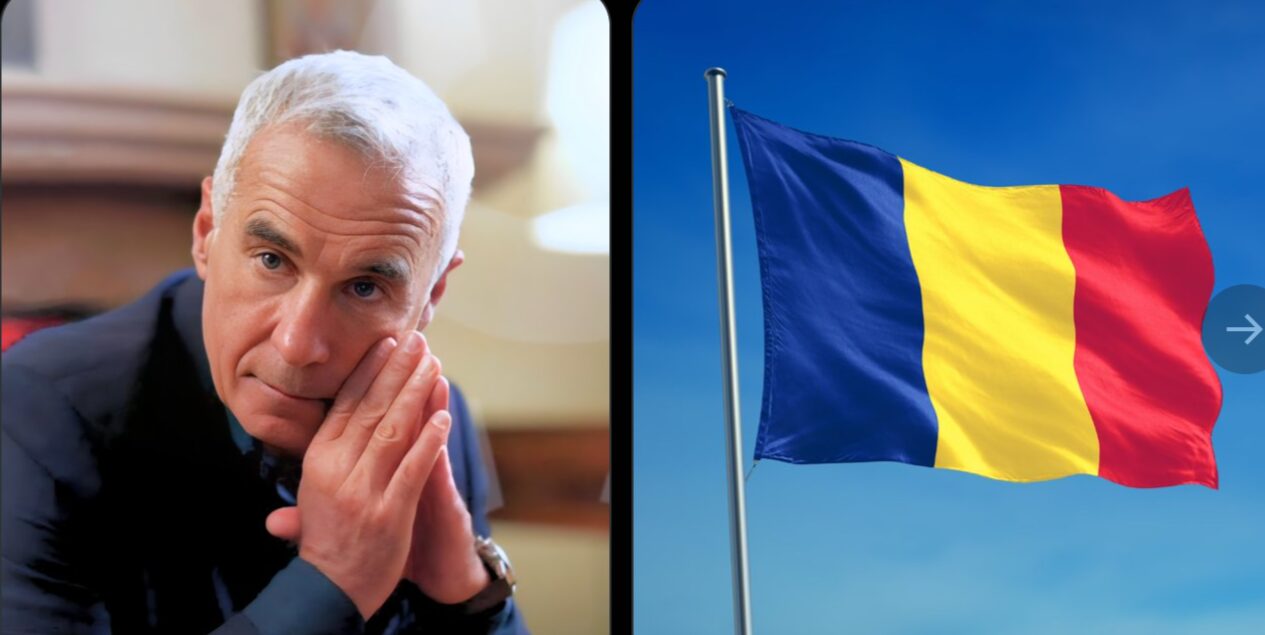
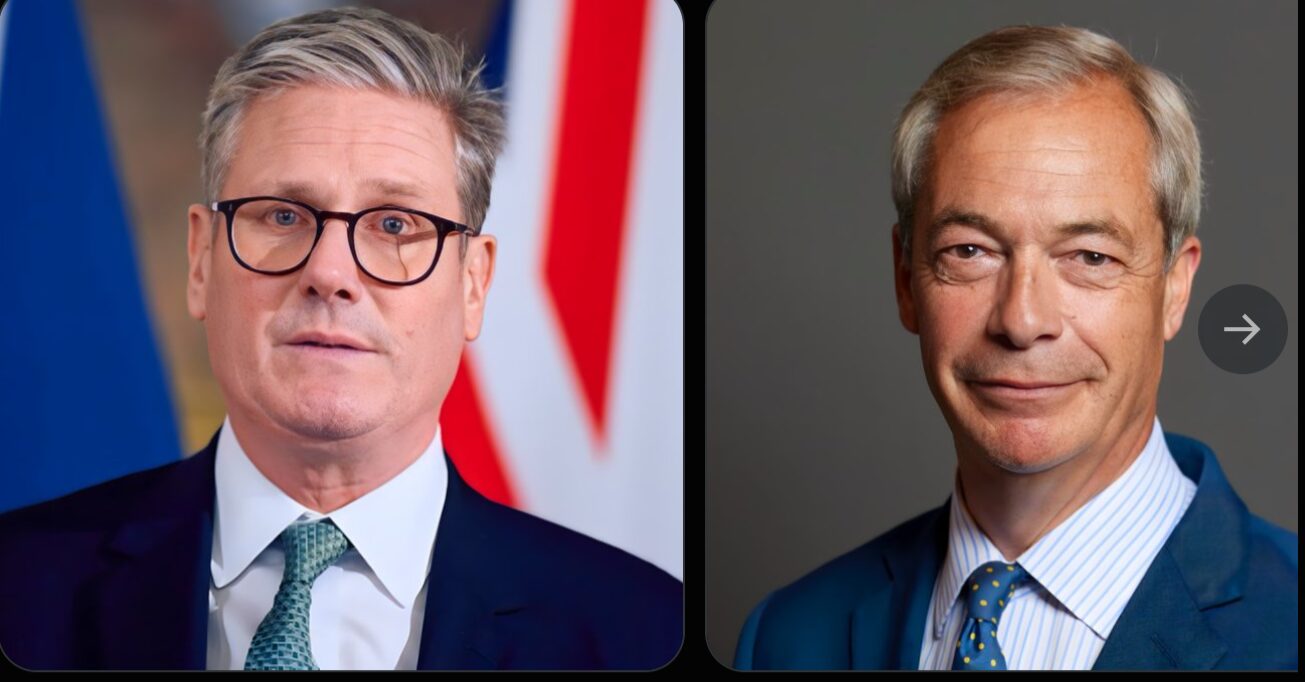
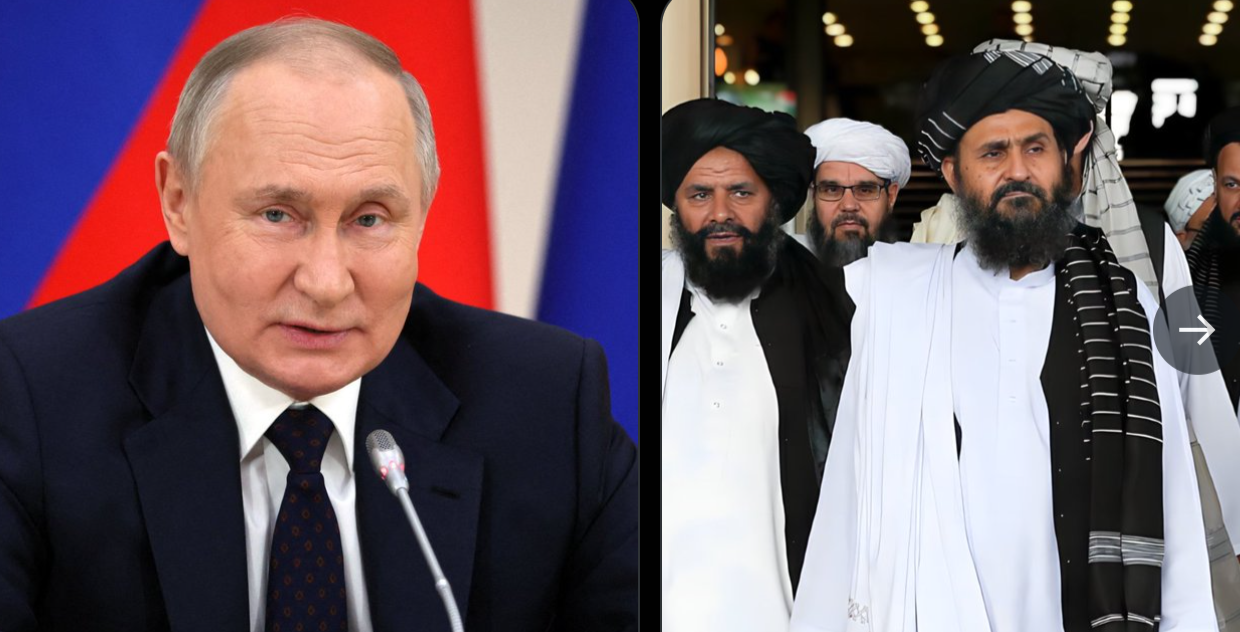
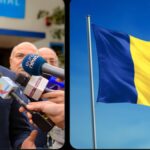
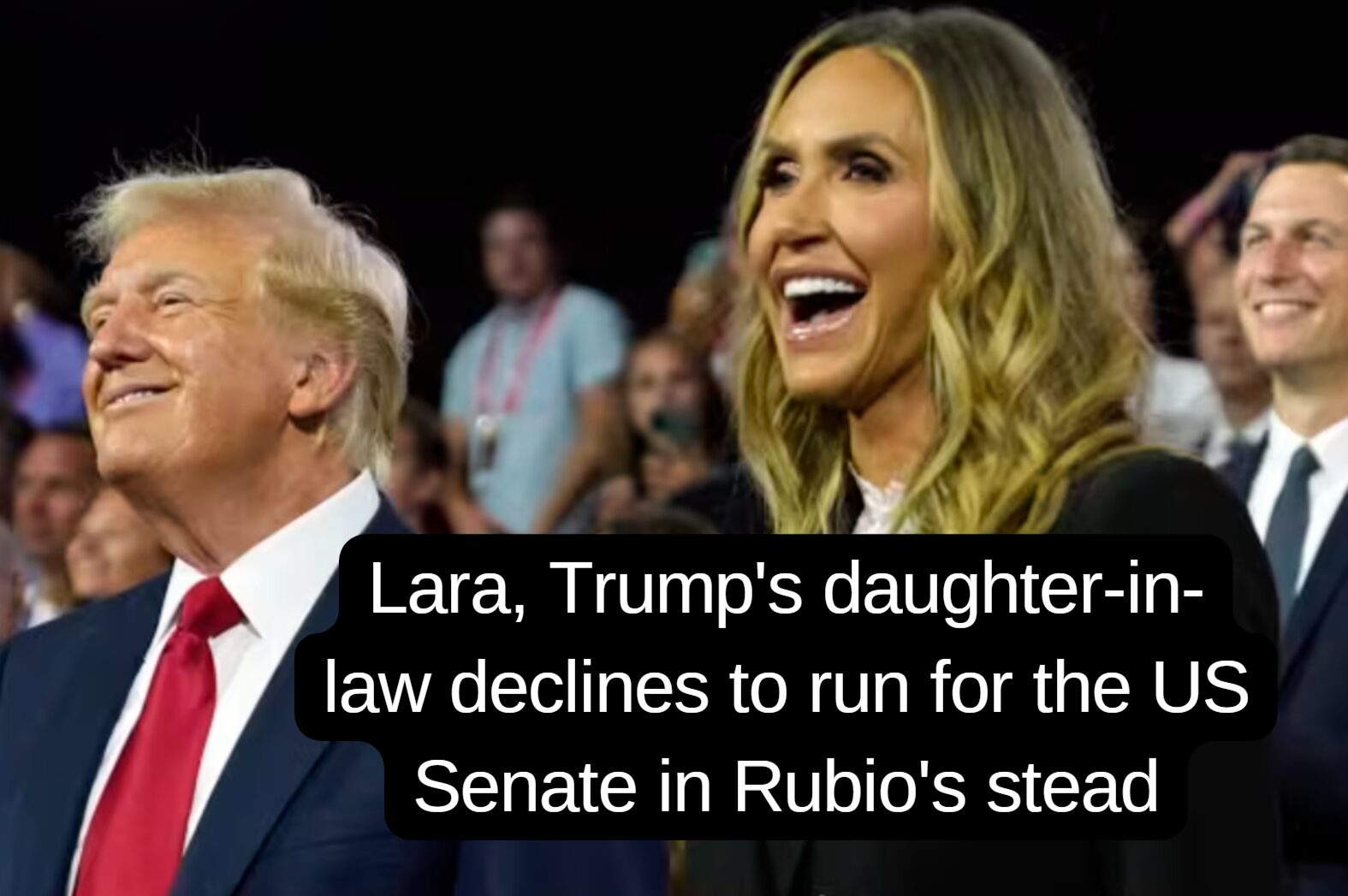

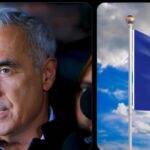
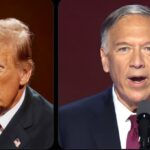
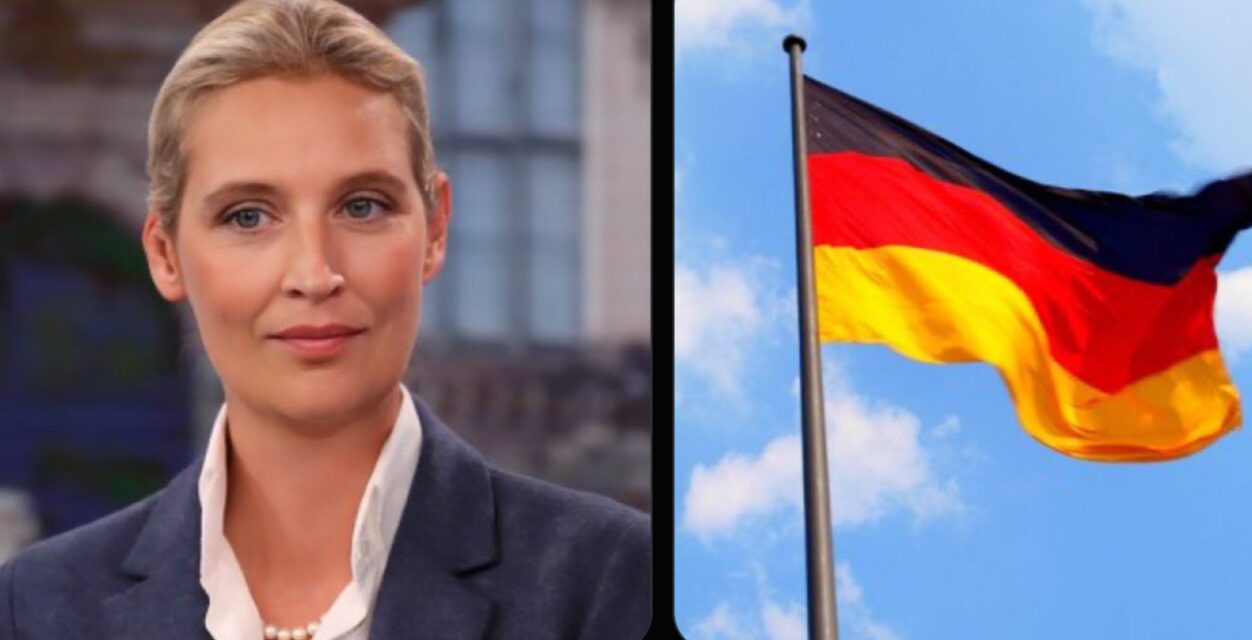








Post Comment